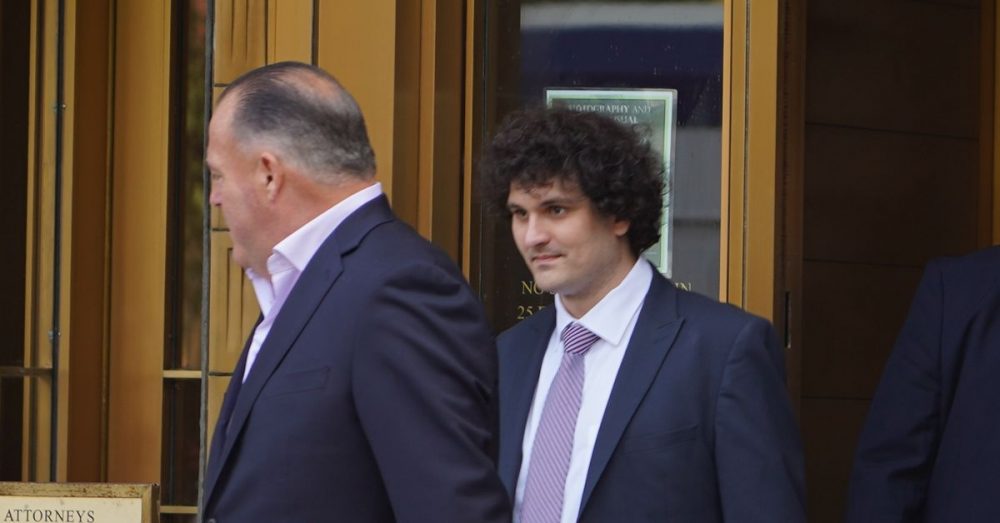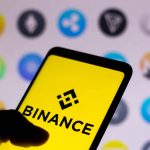Judge Lewis Kaplan, who’s overseeing Sam Bankman-Fried’s trial, granted the U.S. Department of Justice’s motion to block all of the FTX founder’s proposed witnesses from testifying at his trial next month.
In a Tuesday order, the judge said that while the defense could try to call four of the witnesses they proposed earlier this year, they would have to jump through some legal hoops, such as providing proper disclosures at least three days before the witnesses might testify. He also denied Bankman-Fried’s motion to block a proposed government witness from testifying.
Bankman-Fried’s defense team wanted to call seven individuals: Lawrence Akka, a British barrister; Thomas Bishop and Joseph Pimbley, who are with different consulting firms; Brian Kim, a data analytics and forensics expert; Bradley Smith, a law professor at Capital University Law School and Andrew Di Wu, an assistant professor at the University of Michigan.
The DOJ objected, giving reasons ranging from a lack of proper clarity on what the witnesses would discuss to their unsuitability for testifying in a U.S. criminal trial.
Judge Kaplan granted all of the DOJ’s objections, but said that the defense could try to call Bishop or Kim to respond to DOJ witnesses – namely an FBI agent or Peter Easton, who the prosecution intends to call to testify about customer deposits based on an analysis of FTX data.
There’s a catch, however: Bishop or Wu would need to have “filed a complete Rule 16 disclosure … at least three days prior to the date of the relevant defense witness.” The DOJ can still object as well.
The judge set the same conditions for Pimbley and Wu.
Akka, Vinella and Smith are being excluded entirely, and in a footnote the judge wrote, “the Court harbors serious doubts regarding Dr. Vinella’s qualifications as an expert in the subject matter of his proffered testimony,” though Judge Kaplan added that that’s not why he excluded him.
The judge also denied Bankman-Fried’s motion to exclude Easton’s testimony, writing that it would be proper.







